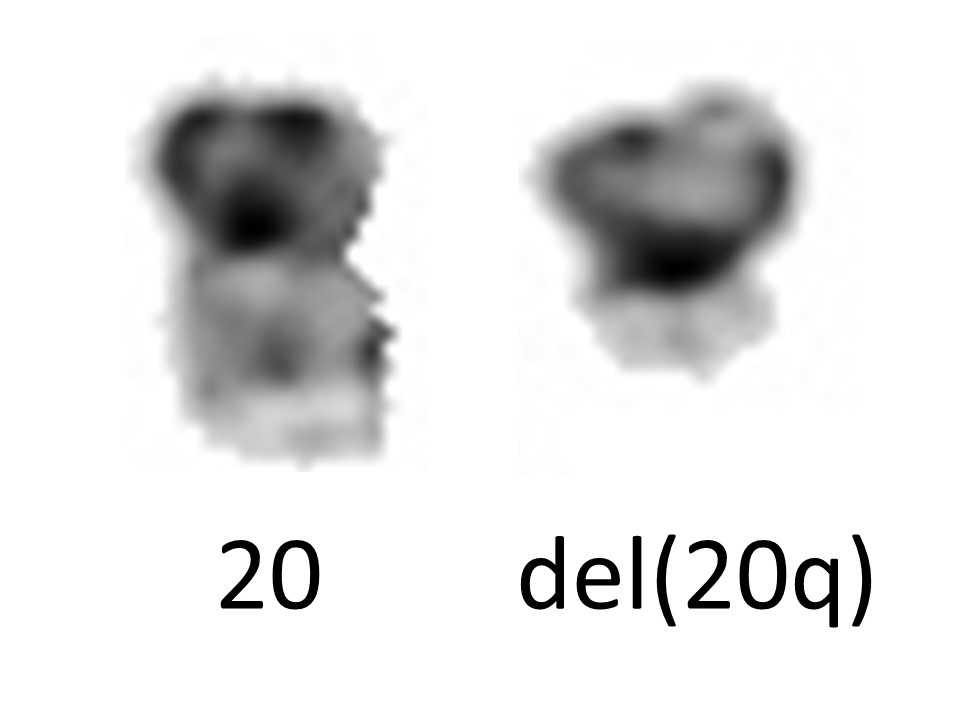Susan Sontag survived uterine and breast cancer, but as sometimes happens, the treatment that cured her eventually caused the MDS that killed her (“therapy-related MDS” or t-MDS). Her son David Rieff gives some insight into her illness in his book Swimming in a Sea of Death: A Son’s Memoir (Granta). After a bone marrow transplant, her disease became full-blown leukaemia. (Not all cases of MDS are this severe.)

Chromosome analysis of the MDS cells is one of the tests used to predict the patient’s outlook. “The spectacularly difficult cytogenetics of her specific case” (very abnormal chromosomes), as Rieff puts it, means she had a poor chance of survival.
Sontag stands out as a patient because she wrote about illness, in her philosophical book Illness as Metaphor. I came across the story of her treatment and one of her quotes about illness in Siddhartha Mukherjee’s very readable book, The Emperor of All Maladies: A Biography of Cancer.
“Illness is the night-side of life, a more onerous citizenship. Everyone who is born holds dual citizenship, in the kingdom of the well, and in the kingdom of the sick. Although we all prefer to use only the good passport, sooner or later each of us is obliged, at least for a spell, to identify ourselves as citizens of that other place.”
Susan Sontag, Illness as Metaphor. Published by Farrar, Straus and Giroux (1978)
25th October is World MDS Awareness Day. This article is part of a series about high-profile MDS patients.
Other stories:
